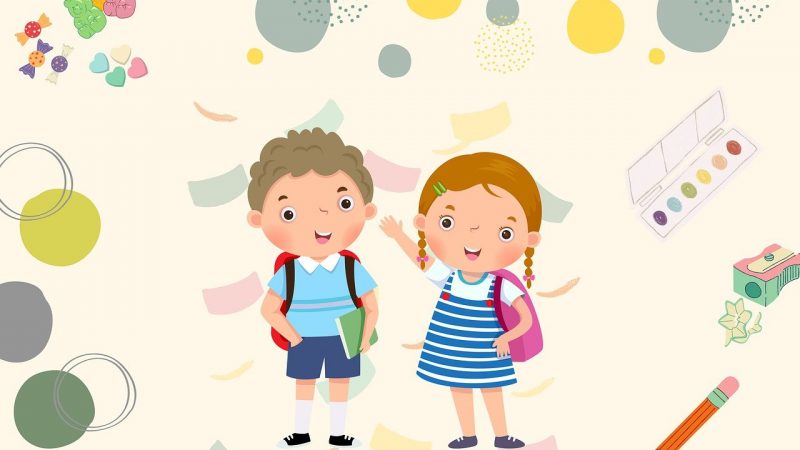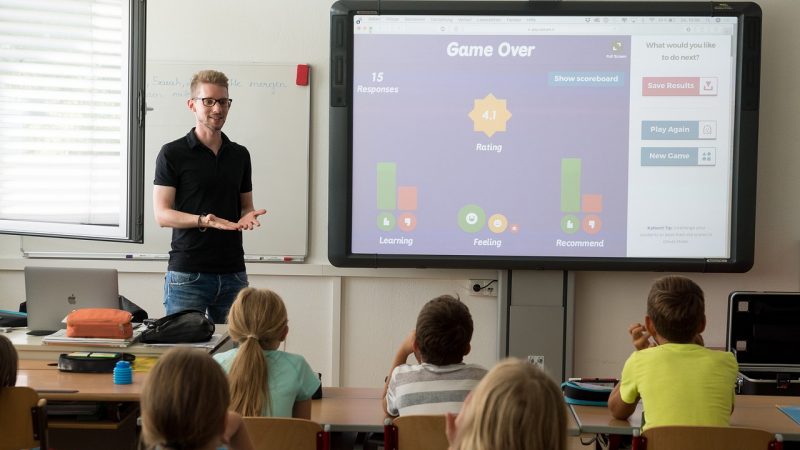Pre-kindergarten (pre-K) programs are early childhood education classes for children typically aged 3-4, the year or two before they enter formal schooling. Pre-K is not mandatory in most countries, but enrolling children in quality pre-K classes and activities provides significant benefits that can give them an academic head start and positively impact their lifelong learning journey.
Develops School Readiness Skills
Pre-K helps children build fundamental skills in numeracy, literacy, social-emotional intelligence, motor skills and self-regulation that will smooth their transition into kindergarten. Through instruction and play-based activities tailored to their developmental level, children become familiar with skills like recognizing letters and numbers, counting, interacting with peers, following instructions and managing emotions. This school preparation helps avoid cognitive and behavioral issues when children start primary school.
Cultivates Interest in Learning
Stimulating pre-K environments with skilled teachers nurture children’s natural curiosity and foster positive attitudes towards learning. Children get exposure to topics like science, nature, music and art that spark their interests. The joy and motivation for learning established in pre-K has long-term benefits for academic success. Children develop habits like asking questions, persistence and taking learning risks in safe settings, supporting their growth mindset.
Improves School Performance
Studies tracking pre-K attendees show they tend to have better academic performance in elementary and high school than non-attendees. Early learning equips them with foundational knowledge and social skills that give them an advantage in core subjects like reading, writing and math as school progresses. This effect can be especially pronounced for disadvantaged children. Pre-K learning supports optimal development during a crucial window of opportunity in early childhood.
Enhances Soft Skills
Just as important as academic preparation, pre-K improves soft skills like attentiveness, communication, cooperation and discipline. Interacting with teachers and peers in class teaches children how to listen, take turns, solve problems and regulate behavior. Reinforcing these habits when children are impressionable prevents issues down the line. Kids who attend pre-K tend to have fewer disciplinary problems and better relationships with peers as they grow older.
Nurtures Confidence and Independence
The structure of pre-K eases the shift away from just parental or familial interactions. Children learn to navigate new environments, follow instructions from other adults, and speak up in class – boosting their confidence and sense of independence. Having this adjustment period helps avoid attachment issues and overwhelming anxiety about school. Pre-K especially supports children who may lack adequate intellectual stimulation or socialization at home.
Promotes Equality
Research shows children from lower-income families tend to start kindergarten well behind their peers cognitive-academically. Pre-K education can help close this “opportunity gap” and put all students on more equal footing from the very first day of school. Publicly-funded pre-K programs aim to improve access and benefit disadvantaged populations. Investing in early learning helps break cycles of poverty.
Saves Long-Term Resources
Though pre-K requires significant upfront investment, studies estimate every $1 spent can yield over $7 in returns to society down the road. Children who attend pre-K programs have higher earnings, lower dependence on welfare, healthier lifestyles, higher graduation rates, and are less likely to commit crime later on. Early intervention prevents problems that are more expensive and difficult to treat later. Pre-K lays the foundation for the next generation’s success.
Strengthens Brain Architecture
Early childhood, up to around age 5, is when the brain grows at its fastest rate as nascent neural connections form. Quality pre-K fuels this neuroplasticity through age-appropriate stimulation, nurturing cognitive and analytical skills. Active engagement strengthens neural pathways in key learning regions and functions. This builds the architecture for retaining future knowledge. Pre-K learning supports optimal and enduring brain development.
Offers Fun First Classroom Experience
Pre-K introduces children to structured learning through play, hands-on lessons, songs, games and crafts. Making school a fun experience early on nurtures a lifelong love of learning. Positive associations with school and discovery established in pre-K motivate children to keep learning. Classrooms with animal toys, building blocks, dress-ups and interactive stories delight children while building essential skills.
Provides Socialization Opportunities
Pre-K is often the first time kids interact with same-age peers on a regular basis outside family. Learning to share materials, take turns, cooperate on projects, and resolve disputes are all critical social skills needing practice before starting primary school. Having positive peer relationships from pre-K onwards supports children’s confidence and self-esteem.
Relieves Parental Stress of Transition
Starting primary school is a major transition for young children involving new adjustments. Pre-K helps avoid a ‘shock to the system’ by gradually exposing children to classroom routines, teacher authority, schedules and social rules. Children then take these changes in stride rather than being overwhelmed come kindergarten. Pre-K relieves stress for both children and parents navigating the first school experiences.
In summary, pre-kindergarten programs offer wide-ranging short and long-term benefits spanning academic, cognitive, behavioral and social-emotional domains. From building essential school-readiness skills and sparking an early love of learning to equalizing opportunities and strengthening brain development, pre-K gives children an invaluable head start to their lifelong education journeys. Investing in high-quality pre-K has proven returns for individuals and society as a whole.










